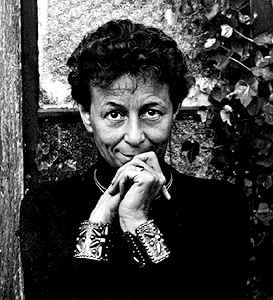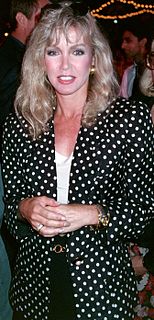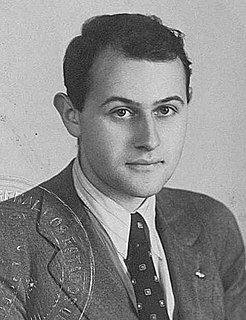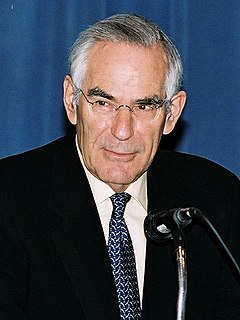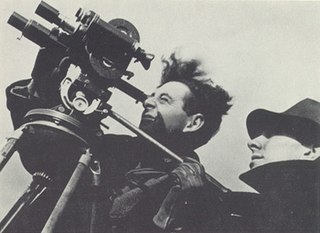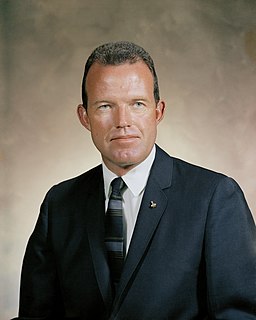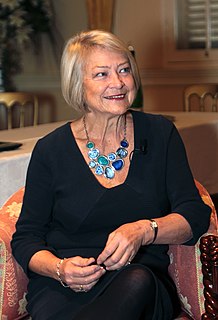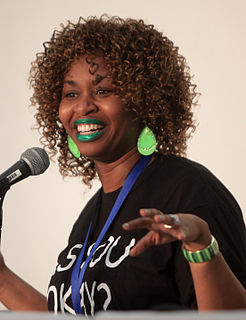A Quote by Harold Evans
People were murdered for the camera; and some photographers and a television camera crew departed without taking a picture in the hope that in the absence of cameramen acts might not be committed. Others felt that the mob was beyond appeal to mercy. They stayed and won Pulitzer Prizes. Were they right?
Related Quotes
Film, television, and working with a camera is such an intimate art form that if a camera is right on you, and I've got your face filling the screen, you have to be real. If you do anything that is fake, you're not going to get away with it, because the camera is right there, and the story is being told in a very real way.
These days I think the composers of music influence me more than any photographers or visual creators. I see something exciting or lovely and think to myself: 'If Papa Haydn or Wolfgang Amadeus or the red-headed Vivaldi were here with a camera, they'd snap a picture of what's in front of me.' So I take the picture for them.
My first pieces, in an art context, were ways to get myself off the page and into real space. These photographic pieces were ways to, literally, throw myself into my environment. They were photographs not of an activity, but through an activity; the activity (once I planted a camera in the instrument of that activity - once I, simply, held a camera in my hands) could produce a picture.
Sometimes you see films, not just science fiction films, where you get the sense that if the camera were to pan just to the left or the right, all of a sudden you'd be seeing light stands and crew standing around. But with 'Blade Runner,' the beauty of it is that it felt like a real, breathing city.
While working with a camera crew supervising flight testing of advanced aircraft at Edward's Air Force Base, California, the camera crew filmed the landing of a strange disc object that flew in over their heads and landed on a dry lake nearby. A camera crewman approached the saucer, it rose up above the area and flew off at a speed faster than any known aircraft.




